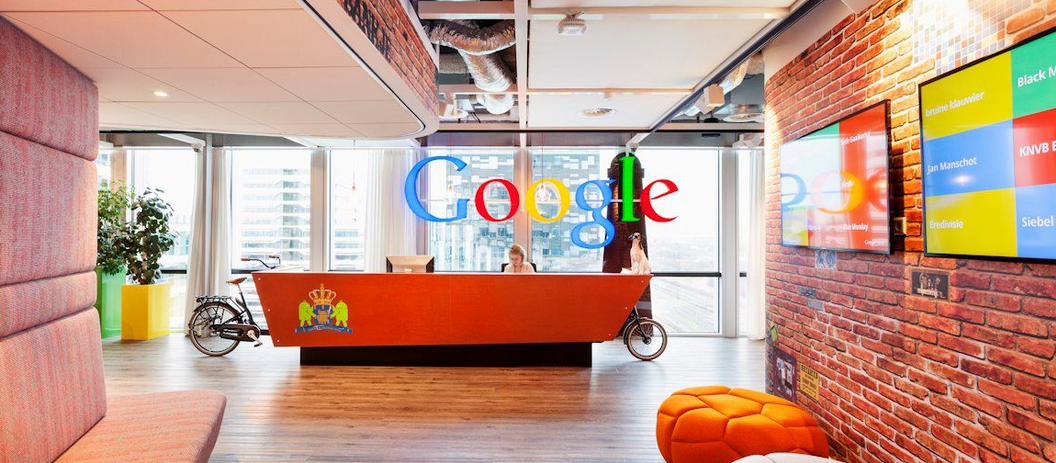Old Dirty Bastard famously said “Wu Tang is for the Children”-and apparently it’s for students too. We sat down with Amar Divine, the Executive Officer Of Operations at Wu Tang Management, to speak about their awesome program and how you can become the next Ghostface in an internship with the Wu.
Tara: What is an internship at Wu Tang Management like?
Amar: Internships at Wu Tang Management are a chance for individuals who are talented, and interested in entertainment to break into the industry, which can be a hard process. We look at internships as an opportunity for a student to build their career in this field. Therefore, interns are involved in many different aspects of Wu Tang: including production, eMarketing, social media, Wu Tang Radio, web development, and many more. We have interns in the U.S. and many interns abroad-and hire based on need. Interns that perform well in their internship can go on to a full time job.
T: What are these interns doing? What are their roles?
A: We allow interns to really participate in the projects that they are interested in, and shape their own roles. Production interns are really involved in the recording process, editing process, and the video production process, while corporate interns take on projects within the eMarketing team to cultivate the Wu Tang community and publicity all over the world. Interns work on web development, mobile apps, and other projects, too!
T: So Wu Tang’s looking for all kinds of skill sets! What’s the selection process for these interns like? And what’s the criteria for your selection?
A: We take a look at their work, and really appreciate it when they showcase a portfolio-especially in production, design, and other fields. For example, if you’re a writer, we want to see examples of your work to ensure that you have the right voice for our company. Students who apply usually have a phone interview, and whenever possible, an additional interview, in person. We’re looking for students who are a great fit for what we do-which means a creative, driven intern who can show initiative and the ability to follow directions while implementing their own creative ideas.
T: How have your interns been able to make a difference?
A: A lot of the movement these days has been online, and interns have been really important in creating features, developing content, and building our online community. From apps for smartphones to WuTV, interns have been able to really contribute. Interns have done some photography at press events and releases, and uploaded them to our pages, production interns have really helped with in-studio interviews, live shows, and more, we are really excited by interns who design their own projects and take them further.
T: How is working at WuTang different than working at another organization?
A: Interns have had some amazing opportunities while working here! We really take an interest in creative people, and want to give them opportunities. Angela Yee, for example, used to be an intern for us, and now she’s an incredibly famous radio DJ with a great show. As the entertainment industry is all about networking, we really try to give interns the opportunity to meet as many people as possible. Interns meet artists, hear early releases of tracks, and get the inside scoop on how everything is made.
T: When hiring an intern for a full time position, what are you looking for?
A: Some interns are really incredible, like a current production intern we have now. She shows initiative, a great skill set, and is really passionate and dedicated to Wu Tang Management-we really want to hire her! I’d say that creativity, drive, initiative, and the ability to follow through on directions are the most important factors we consider. For example, my sister was an intern here; I became an intern here, and moved on to an executive position within the company. Wu Tang is a family, and we’re looking to build it.
T: Lastly: how often to interns get to hang out with Inspectah Deck, RZA, Ghostface, and everyone else?!
A: Well, Inspectah Deck was just in the office, and Raekwon stopped by few weeks ago, members come here pretty often!
On the strength of that alone, sign me up!
-Tara Seshan








